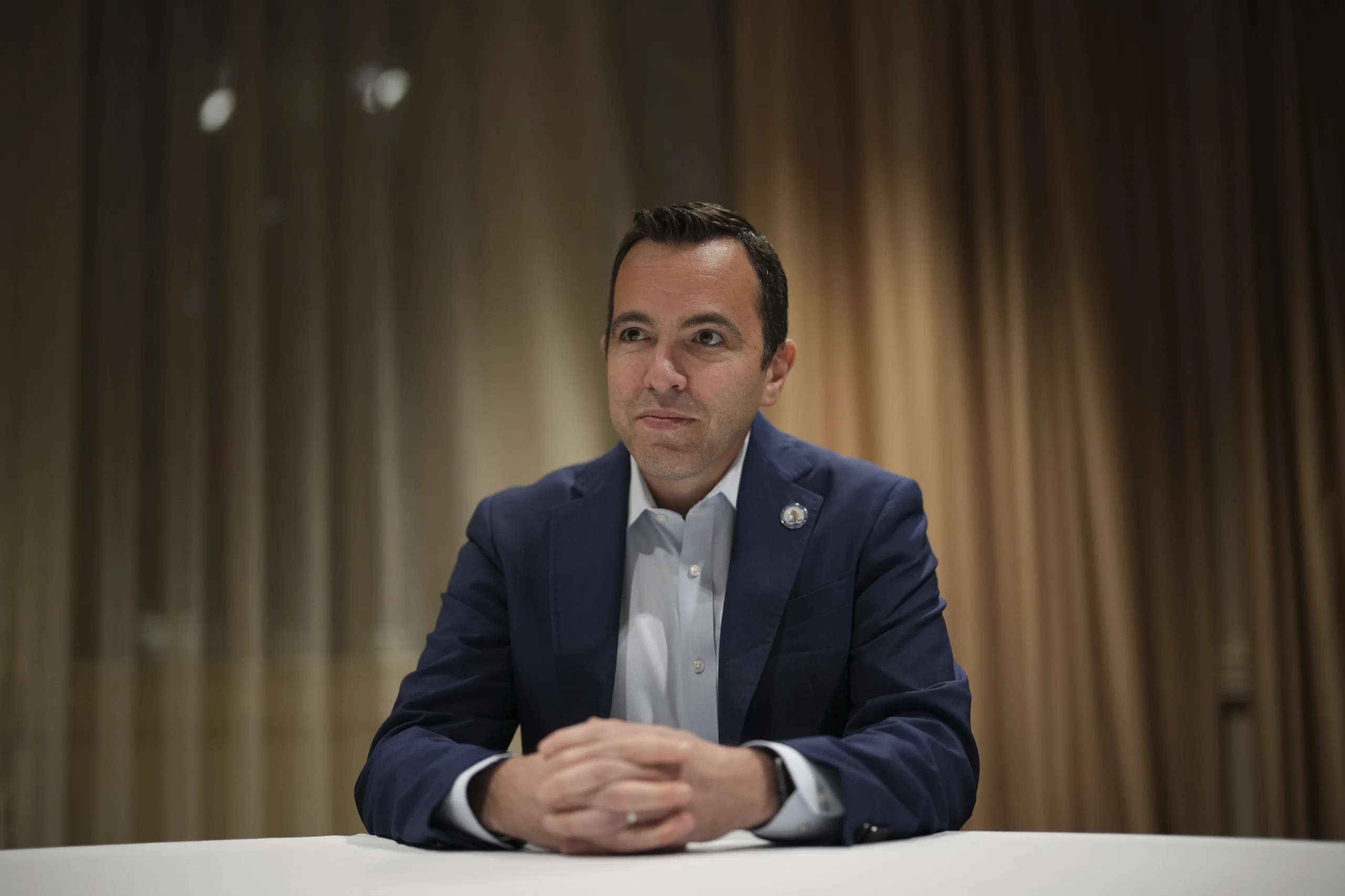Authors
Share
Background
Non-compete agreements prohibit workers at one company from starting or going to work at a competing business. They are generally applied for a certain time period and often have geographic restrictions. No-poach agreements are the corollary to non-competes. They are often organization level agreements not to recruit workers from each other’s businesses.
Use of non-compete or no-poach agreements have become widespread. Non-competes cover workers across all industries, professions, and income levels. A recent report found that from 2014 18% of the labor force were bound by non-competes, and 38% of workers had been bound to one in the past. Related, a survey of businesses with 50 or more employees revealed that almost a third required all their employees to sign non competes as a condition of employment.
Employers justify the use of non-competes claiming they further legitimate business interests. Such interests include protecting trade secrets, the investment in employee training, and customer relationships.
However, the widespread use of non-compete and no-poach agreements harms the economy and workers, especially low wage earners. Prospective employees turn down job offers for higher pay because they are bound to non-compete agreements. Workers are also hurt by such agreements because they are restrained from seeking higher wages with their current employer; non-competes limit their bargaining power to find alternative employment and negotiate raises. This can be acute in rural communities where there are few employers. In addition, there are significant social justice implications by the overuse of non-compete agreements. Research has found that the downward pressure on wages caused by non-competes is magnified for women and non-white workers, who see earnings reductions two times greater than that experienced by white male workers. Finally, society as a whole is adversely impacted by the overuse of non-competes. Their restriction upon employee mobility threatens innovation “as the potential for ideas to recombine and cross pollinate across firm boundaries also declines.”
Recently, the federal government has heightened scrutiny on non-competes. The Federal Trade Commission (“FTC”) announced in January 2023 that it has commenced proposed rulemaking to prohibit non-competes in many employment contracts. The FTC argues that non-competes constitute an unfair method of competition because they prevent workers from leaving jobs, lower wages, and stifle business formation. In addition, the National Labor Relations Board’s General Counsel, Jennifer Abruzzo, issued a memorandum in May 2023 that non-competes violate the National Labor Relations Act. This is because non-competes chill protected activity, such as advocating for better working conditions or union organizing by making it more difficult to find another job if one is discharged for exercising their statutory rights.
Many states regulate non-competes. Roughly half (23 states) restrict non-compete clauses in some fashion. In 2022, six states including the District of Columbia passed legislation designed to limit the use of non-compete agreements, and approximately 18 states have proposed or pending legislation. There are complete bans in California, North Dakota, and Oklahoma. Other states, such as Illinois, Colorado, the District of Columbia, Maine, Maryland, New Hampshire, Oregon, Rhode Island, and Washington, prohibit the use of non-compete agreements where salaries are below a certain threshold.
Role of Attorneys General
State attorneys general play an important role in enforcing laws to limit the adverse impacts caused by non-competes. In some states, attorneys general have the ability to directly enforce statutory restrictions on non-compete agreements. In other cases, they use their states’ consumer protection acts to prohibit the use of non-competes that raise antitrust or unfair trade practice violations. Overly broad or otherwise unlawful use of non-competes can be considered an unethical, oppressive, unscrupulous, or a substantially injurious trade practice subject to an attorney general’s oversight.
Examples of State Attorneys General Actions
The following are examples of enforcement activity and policy work by state attorneys general to address the misuse of non-compete agreements:
- April 19, 2023, eighteen state attorneys general submitted comments in support of the FTC’s proposed rulemaking to curtail the use of non-compete agreements. Specifically, the state attorneys general supported a broad functional definition of non-compete clauses, a definition of “worker” that includes independent contractors, and not imposing an income threshold on covered workers.
- In 2023, New York Attorney General Letitia James entered into a settlement with Fidelity National Financial, Inc. The settlement followed an investigation into illegal no-poach agreements where Fidelity and other industry players would not solicit each other’s employees. This effectively reduced competition, wages, and employment opportunities for workers. Through the settlement, Fidelity agreed to terminate existing no-poach agreements and pay the state $3.5 million.
- Washington Attorney General Bob Ferguson settled with Tradesmen International, LLC, in 2022 for $287,000 in restitution. Tradesmen is a labor staffing company that utilized non-compete agreements in violation of Washington law that prohibited such agreements for employees making less than $100,000 per year. Tradesmen agreed to injunctive terms requiring notice to workers that the non-compete agreements were unenforceable, and it cannot use them in the future.
- In 2019, fourteen state attorneys general entered a settlement with four national fast-food franchisors—Dunkin’, Arby’s, Five Guys, and Little Caesars—to curb the use of no-poach agreements. The state attorneys general alleged that the franchisors’ conduct engaged in antitrust and unfair or deceptive acts in practices because these agreements limited job opportunities by unnecessarily restricting franchisee employees from earning more money and achieving upward mobility. It also deprived other franchisees from having the opportunity to hire workers with the requisite skills and experience. The terms of the settlement included injunctive terms that the franchisors stop utilizing and enforcing non-poach provisions in their franchises.
The Leadership Center for Attorney General Studies is a non-partisan organization dedicated to educating the public about the important role state attorneys general play in addressing pressing issues, enforcing laws, and bringing about change.


